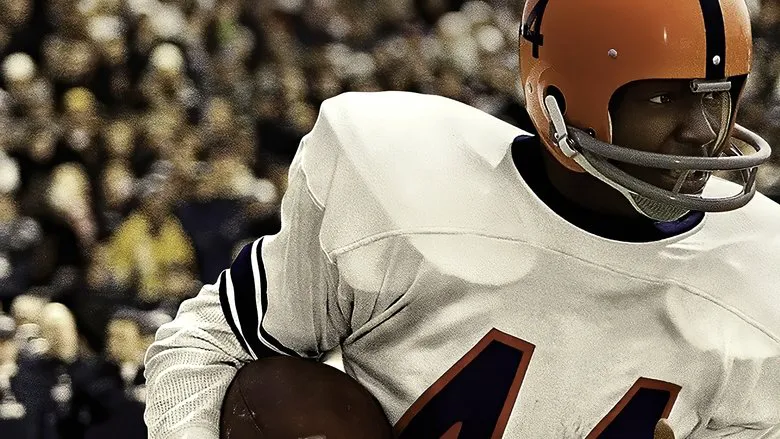“Eddie the Eagle”: Soaring Beyond Expectations - A Review
Beyond its heartwarming facade, “Eddie the Eagle” lands as a surprisingly insightful sports drama that deftly balances exhilaration with thoughtful introspection. While it undeniably delivers the adrenaline rush expected from a tale of Olympic ambition, its true merit lies in its subtle exploration of the very ideals it champions.Directorial Prowess and Immersive Storytelling
This film serves as a compelling testament to Dexter Fletcher’s burgeoning directorial talent. Tasked with transforming a relatively straightforward and well-known underdog narrative into an emotionally resonant and consistently engaging cinematic experience, Fletcher rises to the occasion. His success is particularly evident in the film’s masterful construction of suspense. Prior to each of Eddie’s daunting attempts on the ski jump, the film meticulously reminds the audience of the inherent life-threatening dangers. The build-up is palpable, a quiet unease that escalates into palpable tension as Eddie prepares to launch. Then, in a brilliant stroke, slow-motion sequences amplify the drama of the actual jump, drawing out every nerve-wracking second. It’s an effective technique that ensures viewers are constantly on the edge of their seats, holding their breath alongside the protagonist, precisely because Fletcher so effectively conveys the extreme risks involved in the sport.
Indeed, the way the film crafts these high-stakes moments is intrinsically linked to its unique visual language. Close-ups and near-shots are almost exclusively reserved for sequences featuring the protagonist, Eddie, while he’s on the slopes. This deliberate choice allows the audience to intimately share his perspective, fostering a deep sense of empathy and immersion. The camera even adopts first-person point-of-view shots, providing a literal glimpse through Eddie’s eyes as he hurtles down the ramp, or delivers jarring close-ups of his falls to powerfully convey their bone-jarring impact.
In stark contrast, every other character, whether skiing, falling, or merely observing, is consistently depicted through long or extreme long shots. This clever distancing technique serves multiple purposes: it prevents sensory fatigue, maintaining the audience’s focus on Eddie’s interior experience, and it brilliantly underscores his isolation as the lonely underdog. For fans of Matthew Vaughn’s work, it’s worth noting that Vaughn and the creative team behind Kingsman produced this film. This connection is unmistakably apparent in the high-octane, visually dynamic ski scenes, particularly those involving Hugh Jackman’s character, echoing Kingsman’s slick and stylish action sequences.Crafting a Dream: The Biographical Journey
At its heart, “Eddie the Eagle” is a biographical ode to Michael “Eddie” Edwards, tracing his improbable journey from a childhood outcast with an unwavering dream to his unlikely rise to international fame at the 1988 Winter Olympics in Calgary. The screenwriter demonstrates particular acumen in focusing the narrative solely on this pivotal period of his adult life and Olympic pursuit. This deliberate choice creates a focused and compelling story of single-minded determination, avoiding the often scattered and unfocused pitfalls of many broader biographical films. The narrative remains taut, purposeful, and profoundly inspiring as it chronicles Eddie’s relentless pursuit of his dream against all odds.
However, precisely because the film adheres closely to this real-life underdog tale, some viewers might find its emotional impact somewhat tempered. Those who tend to dismiss success as mere chance or luck might not be as profoundly moved. The film intentionally minimizes overt melodrama, presenting Eddie’s struggles and triumphs with a grounded realism that, while refreshing for some, might prevent a deep, lasting emotional resonance for those accustomed to more outwardly inspiring narratives. Even if swept up in the moment, the film’s understated approach means it likely won’t leave you teary-eyed hours later.The Profound Irony of Participation
One of “Eddie the Eagle”'s most powerful themes, and one that gives the film a surprising philosophical depth, revolves around the age-old Olympic motto: “The important thing in life is not the triumph, but the struggle; the essential thing is not to have conquered but to have fought well.” Famously uttered by the Bishop of Pennsylvania during the 1908 Olympics and subsequently championed by Pierre de Coubertin, the founder of the modern Olympics, this adage has long been held as the epitome of the sporting ideal.
The film explicitly weaves this quote into its core narrative, presenting it as Eddie’s guiding principle. Yet, upon reflection, what truly makes “Eddie the Eagle” compelling is the biting irony it exposes: only Eddie himself and, to a lesser extent, his gruff but supportive coach, truly embody this lofty ideal. Every other character, from the haughty British Olympic officials to Eddie’s disillusioned mentor and even, shockingly, the audience, judges success almost exclusively based on results. This harsh reality makes the film’s final reiteration of the iconic quote particularly poignant and, indeed, deeply ironic. It transforms into a silent accusation and a sharp mockery of the very system that often stifles the pure, unadulterated spirit of participation. It critiques not just the officials, but perhaps even ourselves, for failing to live up to the ideal, hypocritically feigning concern for the process over the outcome.
The film subtly pushes us to confront a stark truth: if Eddie hadn’t somehow met a minimum standard, if he hadn’t achieved even a semblance of recognition, those same individuals would undoubtedly have dismissed him as a pathetic joke. There would have been no cheers, no unexpected outpouring of encouragement, and certainly no scene of a guilt-ridden Hugh Jackman offering an apology. In a world obsessed with quantifiable outcomes, a hardworking individual who ultimately “fails” is often deemed worthless. This powerful underlying commentary compels us to introspect: have we, too, fallen unknowingly into the trap of a results-oriented value system, thereby betraying the very spirit of human endeavor?
In conclusion, “Eddie the Eagle” delivers far more than just a typical feel-good sports movie. It’s an inspiring comedy that doesn’t demand overthinking, yet beneath its surface charm lies a surprisingly potent critique of societal values. If you’re seeking a heartwarming story with an unexpected intellectual bite, “Eddie the Eagle” is undoubtedly worth a watch.